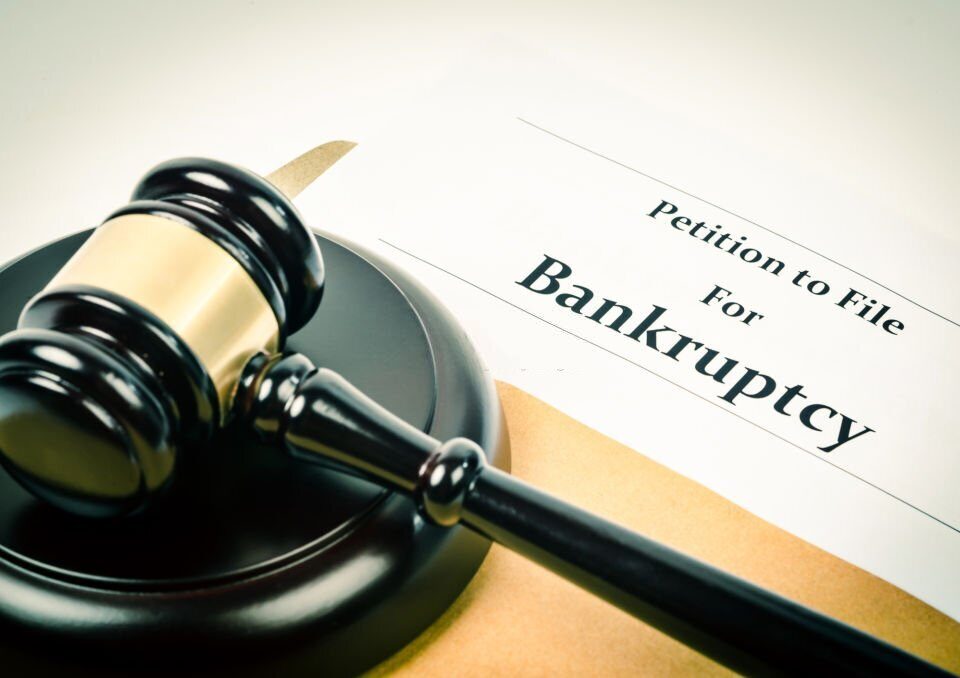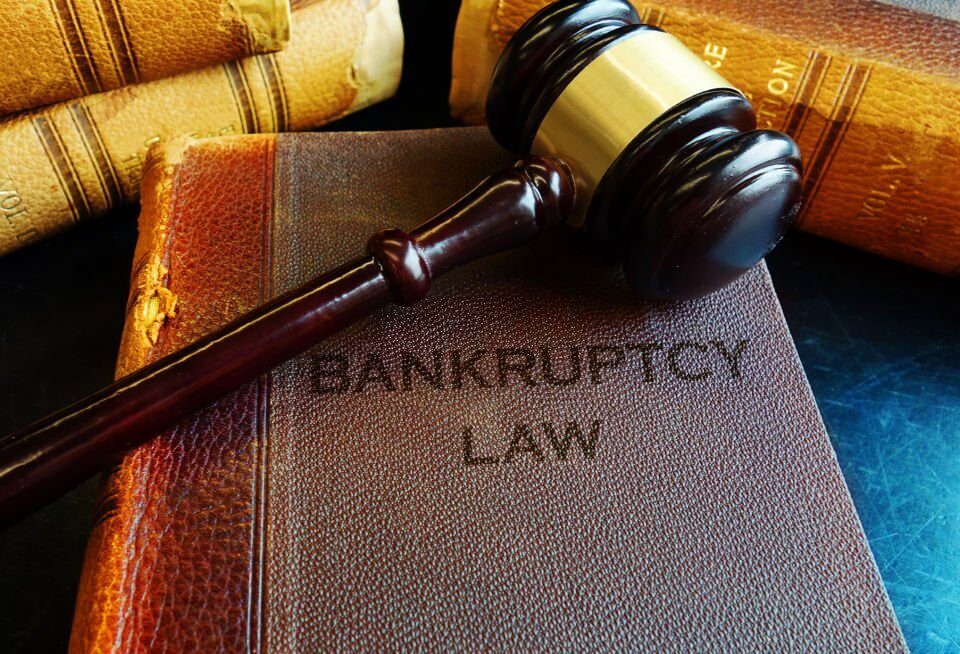Avoiding Foreclosure in Bankruptcy

Do I Need a Bankruptcy Attorney?
May 1, 2018
Exactly What Does asset acquisition lawyers in Annapolis, MD Do?
September 29, 2021One of the biggest concerns bankruptcy filers have when considering bankruptcy is the thought of losing their homes.
It depends on the type of bankruptcy, the debtor’s particular financial situation and how much he or she owes on the home as to whether he or she could potentially lose the house in bankruptcy.
What Is Foreclosure?
It helps to first understand what foreclosure means and what it involves. Foreclosure is a legal process that begins after a homeowner falls behind on his or her mortgage payments. Each state has its own laws when it comes to foreclosure.
The lender applies the proceeds from the sale of the home to the mortgage balanced owed. The difference is known as a deficiency balance, and depending on the state law, the borrower may be on the hook for the remaining balance owed.
The key to foreclosure is it will not be an overnight process. To even get to the point of foreclosure, the borrower has to have missed several payments on the mortgage. The borrower will have to be officially notified of the proceedings.
This amount of time allows him or her to try other ways of saving the money, including a loan forbearance, a short sale or deed in lieu of foreclosure.
The Automatic Stay
If the other options do not pan out, bankruptcy does allow for some level of protection as soon as the bankruptcy petition is filed, and the automatic stay is issued.
The automatic stay puts an immediate halt to any collection activities occurring prior to the filing. If the creditor had scheduled the borrower’s home for a foreclosure sale, filing a bankruptcy petition will postpone the sale while the bankruptcy is pending.
In a Chapter 7 proceeding, this delays the sale for about three to four months. However, the lender can always ask the court to lift the automatic stay if it wishes to go forward with the sale. The borrower can argue against this motion, but if he or she is unsuccessful, the foreclosure will move forward.
Chapter 13 offers different protections than a Chapter 7 proceeding, however, and may be a better choice for a filer wishing to stay in the home.
Chapter 13 Bankruptcy Assistance
If the filer wishes to remain in the home, Chapter 13 may be a better opportunity. Many times, it is the only way to keep the home and file for bankruptcy.
Chapter 13 bankruptcy lets the filer pay off the amount of late unpaid payments through the period of time the Chapter 13 repayment plan proposes. This time period normally lasts three to five years.
However, the catch is the borrower will need to be able to make current payments, as well as make payments to catch up on the arrearages at the same time, which means the filer will need to make enough income to stay afloat.
If all goes smoothly, and the filer is able to continue to make both payments and do this through the three to five-year period, he or she will be successful in avoiding foreclosure and keeping the home.
Second and Third Mortgage Payments
Chapter 13 bankruptcy may also allow the borrower to eliminate payments on a second or third mortgage on the home. Usually, the first mortgage is secured by the value of the home, so long as the filer has equity in the home.
The Chapter 13 court can “strip off” the second and third mortgages and put them in the same category as “unsecured debt.” This category of debt is given last priority amongst the list of debt types in bankruptcy, and unsecured debts do not end up having to be paid in full before being discharged.
However, if the equity of the home arises and more equity is available to make these mortgage payments qualify as secured debt, this is not always possible.
Non Exempt Equity
Following the big recession in 2008, it has been hard for many homeowners to have full equity in the home.
However, as home values have begun to climb back up, this has all changed. Filers now have to consider whether they have the ability to protect the home’s equity through the allowed homestead exemption.
If the homestead exemption turns out to not be enough to keep the home, the filer will then have to pay for the value of the nonexempt property in the Chapter 13 repayment plan.
It is important that the filer speak with a bankruptcy attorney regarding his or her situation before making this decision.
Contact Us Today
At RLC Lawyers & Consultants, we are here to walk you through this stressful process of bankruptcy. To request to schedule a consultation, please call us at 561.571.9610 or send an email to info@rlcfl.com.



